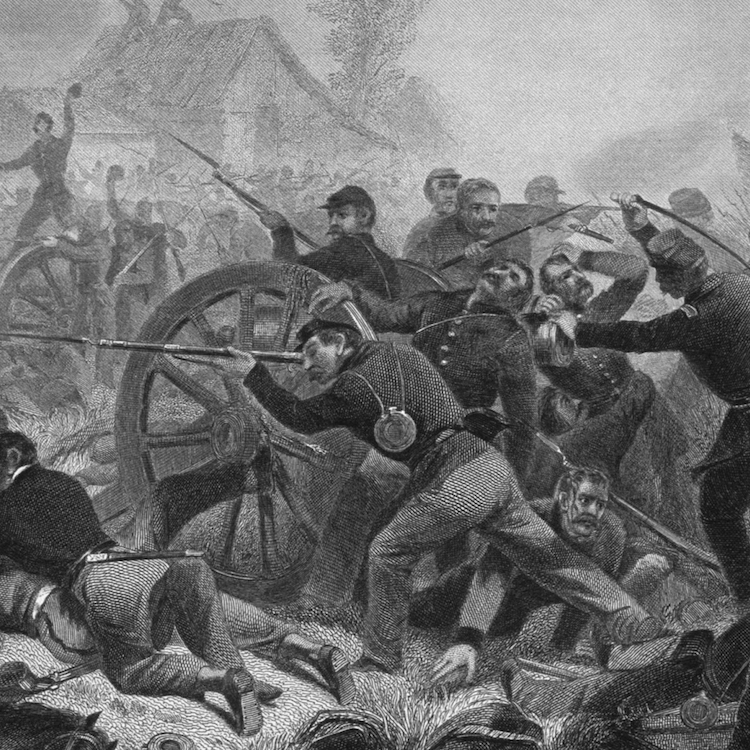The cowardly slaughter of nine black church members of the Emanuel African Methodist Episcopal Church in Charleston, South Carolina in June shocked the nation–and rightfully so. One wonders how the killer could have sat with those good people for an hour, reading and studying God’s word, and then brutally kill them. Obviously, human depravity has no bounds.
The appropriate outpouring of grief and condolences to this heinous crime came swiftly from thousands of people of all races. The grieving relatives and friends acted with admirable charity and forgiveness and proved to be true witnesses for Christ. Even the professional race baiters did not incite the black community. Yes, the crime was horrible, but, for the most part, there was proper restraint and rational behavior. Until . . .
Until a photo of the killer was discovered with a handgun and a Confederate flag. He had also published a racist manifesto on line and admitted that he had murdered the parishioners because he was hoping to start a race war. So, it is no stretch of the imagination to label him a racist. But this is where the train went off the tracks.
South Carolina Governor Nikki Haley declared, “Some divisions are bigger than a flag. We are not going to allow this symbol to divide us any longer. The fact that people are choosing to use it as a sign of hate is something we cannot stand.” And thus began the move to remove the flag from government property.
In 2000, the Confederate flag was removed from the capitol building and placed in the Confederate Soldier Monument, located on the statehouse grounds. This monument, created to honor those who died in the Civil War, was dedicated in 1879. But after the shooting, its presence at the Monument became a bone of contention, and the South Carolina Legislature voted overwhelmingly to remove the flag and consign it to museums or to private homes.
Now the Legislature can do what it wants. After all, they are the representatives of the people. But the decision bothers me for a couple of reasons.
First, Governor Haley inadvertently declared that South Carolina is a racist state. Since the flag is ubiquitous throughout the state, and thousands of South Carolinians honor the flag, then thousands of citizens must, therefore, be racists. But is that true? Is there any evidence to substantiate the accusation? One white lunatic killing blacks in a church is an anomaly, not a common occurrence.
Consider the following: In 2011, 33% of the South Carolina congressional delegation in Washington was composed of blacks, a percentage that was the highest in the nation. One of the senators representing South Carolina is Tom Scott, a black man. Governor Haley is of East Indian descent. In 2013, the Department of Justice recorded only 33 hate crimes in the entire state, and only 2 in Charleston.
Further, in 2014, the unemployment rate for blacks was the second lowest in the nation at 8.7%. The current national average for black unemployment in 11.5 %.
Some may argue that the 2011 Department of Justices’ rejection of the South Carolina voter ID law is an example of the state’s racism. The DOJ believed that requiring voters to show a photo might be a deterrent to individuals who want to vote. But South Carolina Congressman Trey Gowdy points out the difference between whites and blacks acquiring a photo ID was only 1.6%, hardly proof that the law was a throwback to the days of poll taxes.
Another aspect of this Confederate flag kerfuffle is one of boundaries. Where does one draw the line? NASCAR joined the bandwagon and banned the Confederate flag at its events. One cable station stopped showing “The Dukes of Hazard” because the main characters’ car not only had a Confederate flag painted on it, but the car was also named “The General Lee.” The Connecticut Democratic Party has changed the name of its traditional Jefferson/Jackson dinner because both men owned slaves. The mayor of Memphis, Tennessee wanted to remove the statue of Confederate General Nathan Bedford Forest, exhume the bodies of the general and his wife buried beneath, and re-bury them in a different, less public area. Many school districts want to rename schools that are named after Confederate war heroes. Sears, Walmart, Amazon and eBay chose not to sell the flag anymore. And the list goes on.
And it didn’t take long for the hate-America crowd to suggest that the American flag itself is a symbol of racism, oppression, and imperialism, and it, too, should be removed from public venues. They were not joking.
Finally, what does moving the Confederate flag from the Monument actually accomplish for blacks? Will the absence of the flag improve the education of their children or increase employment? Will black-on-black crime suddenly decrease? Will the destruction of the black family be reversed? Will black children no longer be born out of wedlock?
None of these things will happen because the flag has been taken down. Again, it is symbolism over substance. It’s like the slogan “Black lives matter.” Of course, it is true, but it changes nothing.
Removing a symbol is easy, and many politicians would rather attack a symbol than honestly examine the destruction of the black community and the resultant pathology. Sadly, the black community seems to prefer this approach, also.








